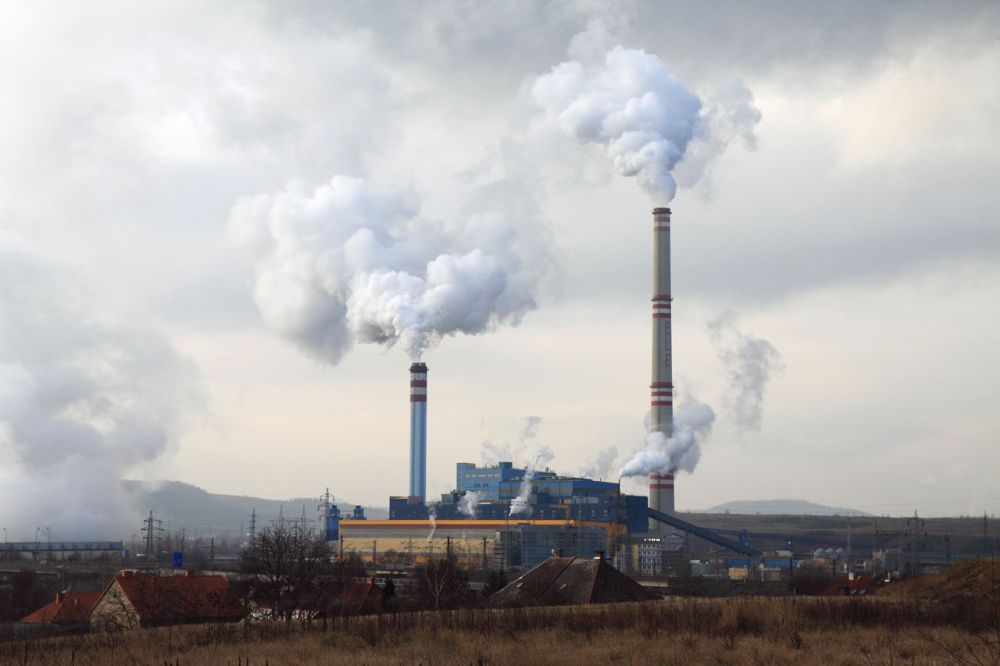Worldwide carbon emissions remained flat for third consecutive year
Global carbon emissions remained flat for the third consecutive year during 2016, while demand for coal across the world fell for the second year in a row, according to a BP study

Global carbon emissions remained flat for the third consecutive year during 2016, while demand for coal across the world fell for the second year in a row, according to a BP study.
The latest annual Statistical Review of World Energy was released by the oil giant on Tuesday 13 June, and revealed that: "The combination of weak energy demand growth and the shifting fuel mix meant that global carbon emissions are estimated to have grown by only 0.1 per cent – making 2016 the third consecutive year of flat or falling emissions."
The period was the lowest three-year average for emissions growth since 1981 to 1983, BP said.
The company said renewables – excluding hydroelectric projects – retained their position as the fastest growing energy source, rising 12 per cent in 2016.
The annual review found while renewables only met 4 per cent of total primary energy demand globally, the growth in renewables represented nearly a third of the total growth in energy demand in 2016.
More than 50 per cent of the growth in renewable energy came from wind, which increased 16 per cent, while solar increased 30 per cent as costs continued to fall rapidly.
The report also detailed that China overtook the U.S. as the world’s largest single producer of renewable energy in 2016.
Dr Jonathan Marshall, Energy Analyst at the Energy and Climate Intelligence Unit think tank, said: “The U.S. saw an astonishing 9 per cent fall in demand, while Chinese hunger for energy is being tempered by moves to a more sustainable growth pathway and the rapid expansion of renewables, which spells even further trouble for coal in the years to come.”
Global coal production fell 1.7 per cent, largely due to falling demand in the U.S. and China, in 2016.
BP said world coal production fell by a record 6.2 per cent, while in the UK coal consumption more than halved.
In the UK, coal’s share of the nation’s energy mix has fallen to 6 per cent – down from 23 per cent in 2015 – thanks to the closure of a number of coal plants last year.
The annual review also showed how growth in overall energy demand is beginning to slow, as energy efficiency measures become more popular.
In 2016, global energy demand was weak for the third consecutive year, growing just 1 per cent – around half the average growth rate for the past decade – BP said.
Bob Dudley, Chief Executive of the BP Group, said: “Global energy markets are in transition. The longer-term trends we can see in this data are changing the patterns of demand and the mix of supply as the world works to meet the challenge of supplying the energy it needs while also reducing carbon emissions. At the same time markets are responding to shorter-run run factors, most notably the oversupply that has weighed on oil prices for the past three years.”
Dr Jonathan Marshall said: "On a global scale, the surge in renewable generation puts it within touching distance of overtaking nuclear power as a major contributor to world energy use."
Never miss an update by signing up to our free newsletter here.




_400_250_s_c1.png)

